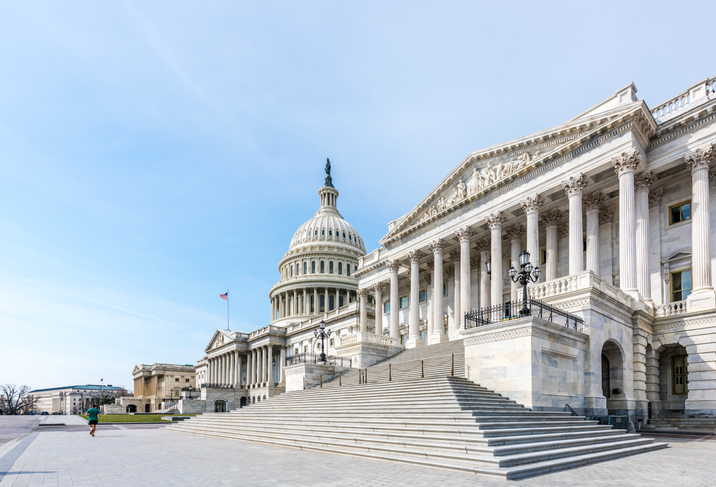On December 10, Sen. Ron Johnson (R – Wisconsin), chairman of the Senate Committee on Homeland Security & Governmental Affairs, and Sen. Rand Paul ( R – Kentucky), a committee member, sent a letter to the U.S. National Institutes of Health (NIH) a letter requesting a review of new data on the drug, ivermectin in the prevention and treatment of COVID-19 and an adjustment on NIH guidance, last made in August. Below is the text of the letter with subheads added for clarity and references to attachments removed:
Potential to Save Lives
“On December 8, the Senate Homeland Security and Governmental Affairs Committee held a hearing titled, “Early Outpatient Treatment: An Essential Part of a COVID-19 Solution, Part II.” At the hearing, physicians discussed early outpatient treatments for COVID-19 — using widely available, low-cost drugs that have been used safely for decades. The physicians testified that early outpatient treatments could possibly save hundreds of thousands of lives.
“Physicians approach diseases by focusing on early detection and treatment, which generally allows for better outcomes. However, with COVID-19, physicians have expressed concerns that the treatment guidelines from public health authorities, such as the National Institutes of Health (NIH), do not recommend treatments until patients are sick enough to require hospitalization. The current NIH guidelines state, “there are insufficient data to recommend either for or against any specific antiviral or antibody therapy” for non-hospitalized patients. The absence of more specific guidance for the early treatment of COVID-19 concerns these physicians because the symptoms of the virus often get worse, thereby making hospitalization more likely, as the virus progresses. We agree with these physicians that the goal should be to control contagion and provide early outpatient treatments that attack the disease in the before late-stage hospital treatment and possible death.
Ivermectin, New Data
“During our committee’s hearing this week, the physicians discussed the importance of utilizing every possible treatment (FDA EUA indicated and approved US off-label drugs and those approved for COVID-19 in other countries) option to address the needs of individual patients, especially in times of emergency. One treatment highlighted at the hearing was ivermectin, a treatment that won its creator a Nobel Prize in medicine and that is included in the World Health Organization’s “World’s List of Essential Medicines.” Unfortunately, despite a number of new studies, the NIH has not updated its guidelines since August 27, 2020, and states that the “COVID-19 Treatment Guidelines Panel recommends against the use of ivermectin for the treatment of COVID-19, except in a clinical trial.” Separately, a physician and CEO of a pharmaceutical company discussed a widely distributed oral antiviral, favipiravir, which is available in 30 countries, but not the United States.
“We believe that Congress and the federal government must respond to the urgency of the present situation. Many Americans are being severely impacted by the devastating consequences of this disease, and public health authorities and pharmaceutical companies have provided few solutions for early treatments. For these reasons, we believe it is urgent that the federal government expedite review of low cost, widely available, and potentially beneficial early combination treatments including anti-infectives (favipiravir, hydroxychloroquine, ivermectin, azithromycin, doxycycline), corticosteroids (dexamethasone, hydrocortisone, prednisone, inhaled steroids), and antiplatelet/antithrombotic (aspirin, low-molecular-weight heparin, novel anticoagulants) drugs. Because there are no conclusive randomized trials of any single product in any setting, we request the NIH to expand their review to all study designs, from all countries, in all treatment settings and consider the evidence in terms of probability of therapeutic gain balanced with safety.
Action Requested
“Therefore, we ask that you review each of the basic science, clinical, and epidemiologic studies in the appendix and update the treatment guidelines accordingly. Please provide an update on the status of the review of all early outpatient treatments currently under NIH review, as soon as possible but no later than 5:00 p.m. on December 23, 2020.
-Staff reports
